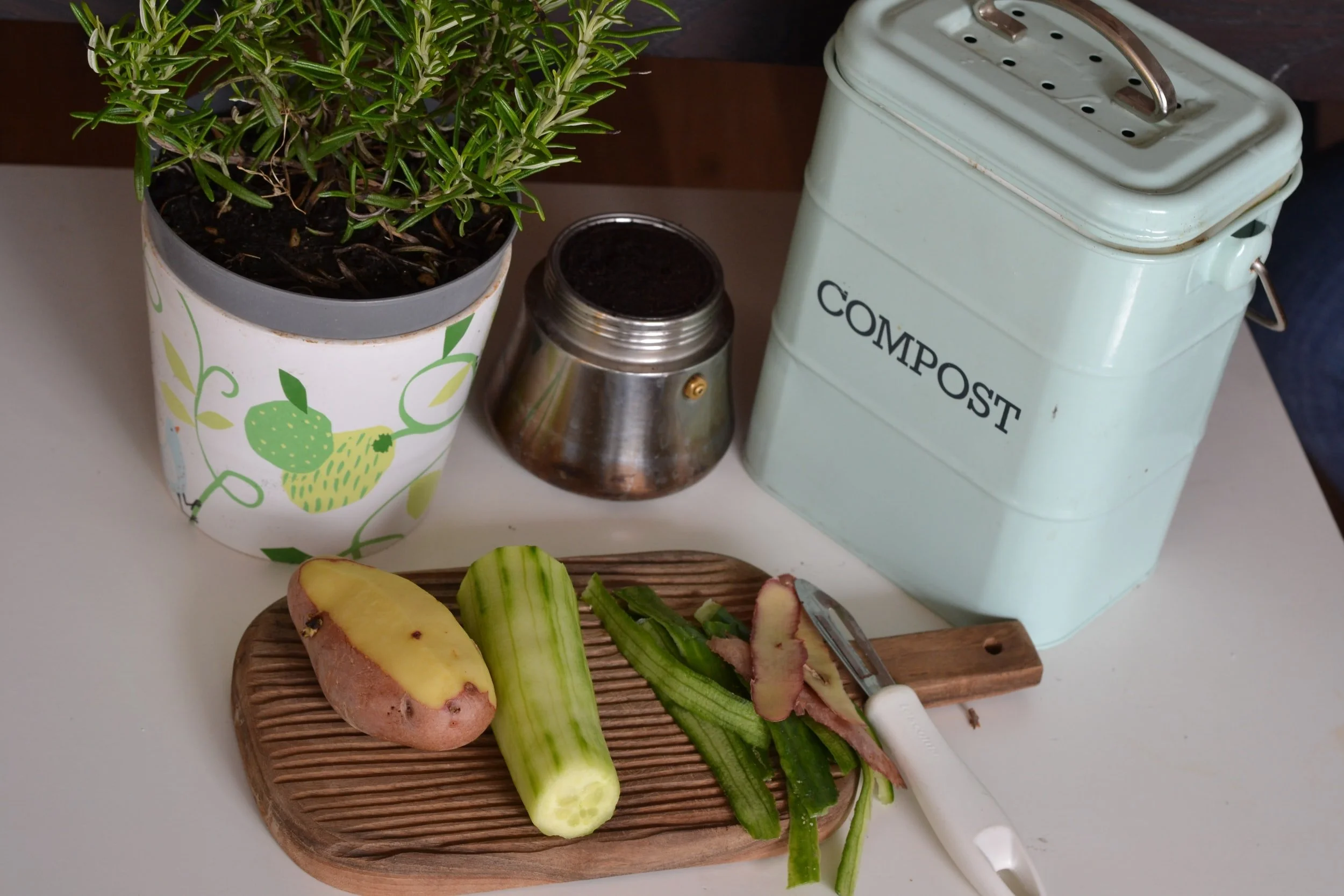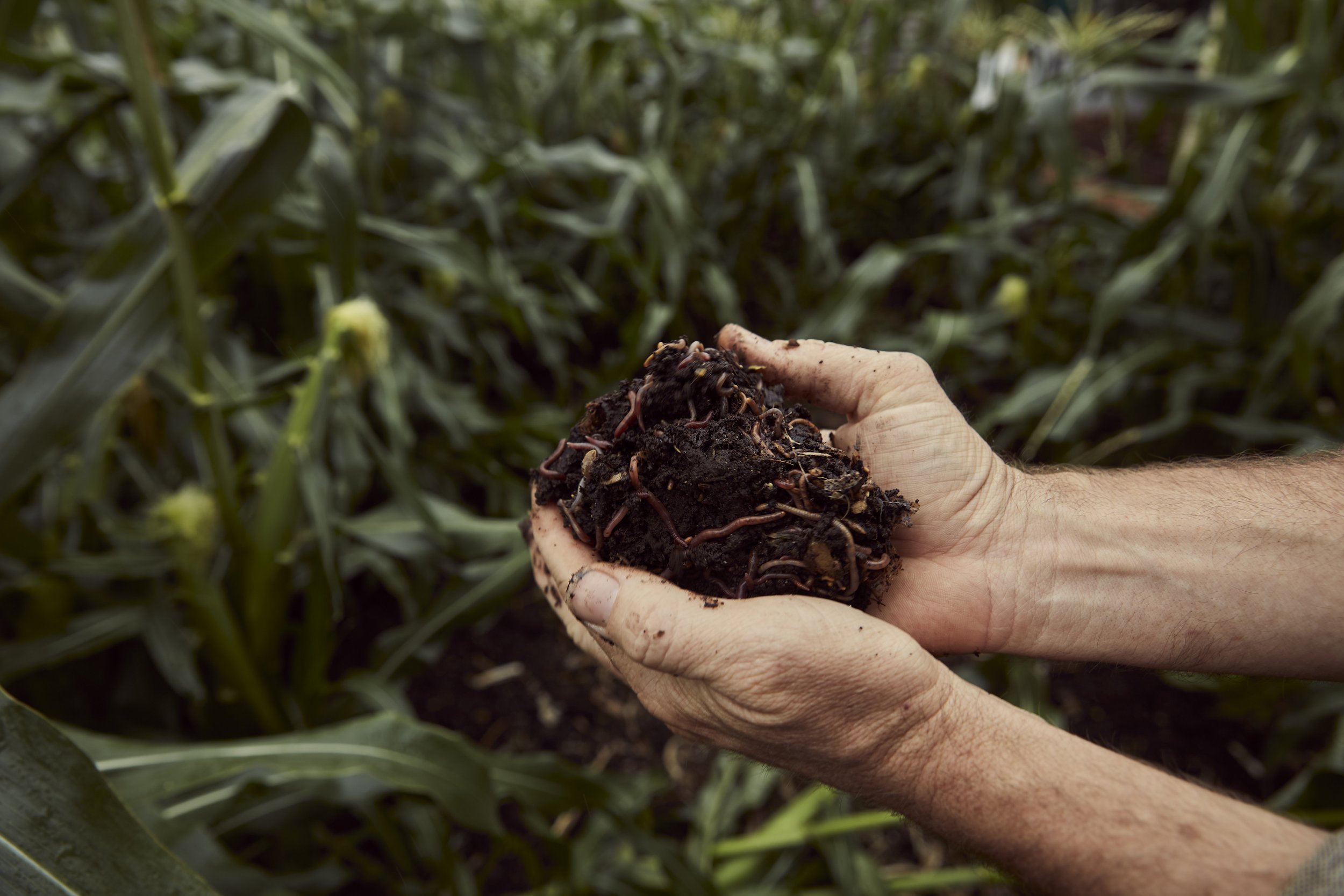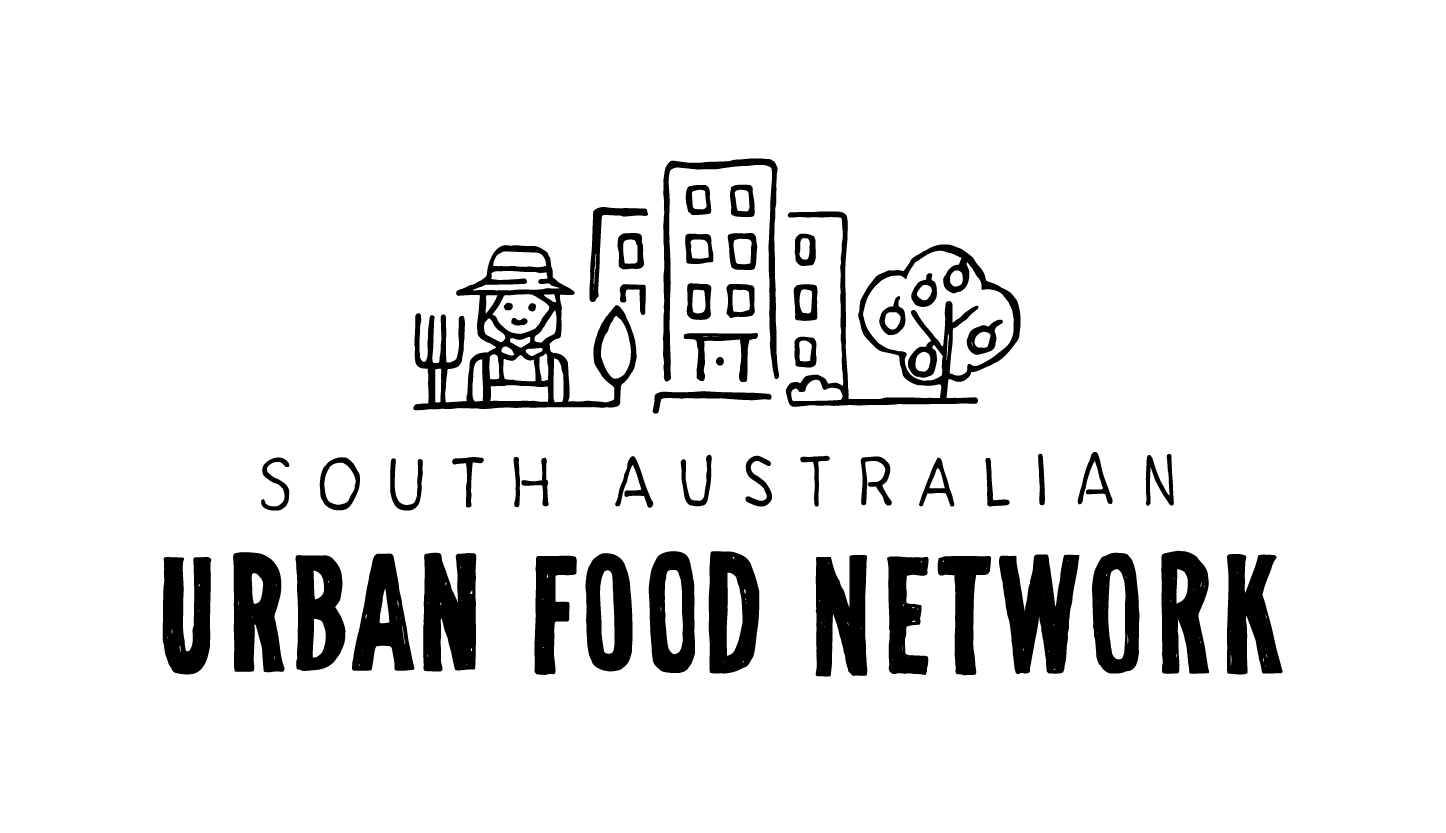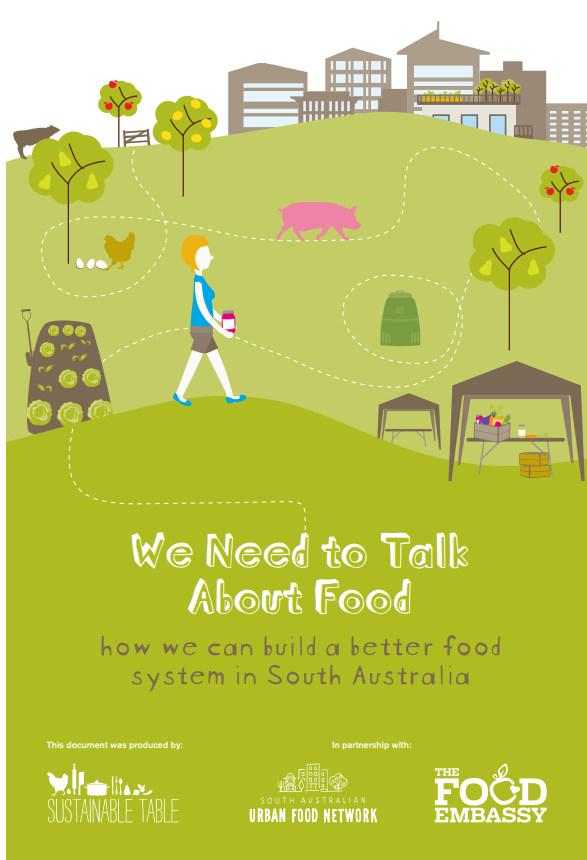
Eaters.
This is definitely you! The ‘Eaters’ in our food system include “all who eat” – and we all have to eat, right? This domain is especially interested in how we source, cook and eat our food, and how we can sustainably dispose of all food waste.
Below you’ll find every local resource we currently know about that will help you as an Eater.
Want to get your hands dirty? Find ways to learn and connect as an Eater in our food system.
-
Interested in learning more about your food? The Food Embassy runs a range of events and education programs across Adelaide and beyond.
It aims to bring people together to learn and get excited about delicious, sustainable food: growing it, procuring it, cooking it and – of course – eating it, as well as handling food waste more responsibly so we can be kinder to our environment.

-
Local Harvest (Australia-wide map).
Local Harvest is a community mapping project, initiated by the Ethical Consumer Group, that makes it easier to find local and more sustainable food sources. This includes a national directory – a searchable, interactive map – for finding food co-ops, swap meets, community gardens, farmers markets, box systems, ‘pick your own’ farms, farm-gate products, organic retailers, and more.
Local Harvest also promotes and explores DIY alternatives, including resources for growing your own food, making your own produce, storing and preserving, and low energy living. Local Harvest seeks to take people on a journey towards a greater connection with their food and the processes and faces behind it.

-
Ripe Near Me (Adelaide-founded, global map).
Ripe Near Me is a small startup founded in 2012 in Adelaide by Alistair Martin and Helena Martin, two foodies passionate about local and fresh produce. Particularly the rare and exotic variety!
After noticing so many citrus trees full of fruit that no one was eating, they decided to create an online mapping project. Residents can now connect to find homegrown produce and share their excess bounty. Joining is free.

-
Grow It Local.

-
Eat Local SA is an easy way to find venues that serve and sell authentic South Australian food.
Through their website, you can explore local food from restaurants, cafes, pubs, and cellar doors through to farm gate, retail, catering, accommodation and food tourism experiences.

-
The non-profit Open Food Network is building a new food system that is fair, local, and transparent. The organisation produces resources and runs events and projects that help community food enterprises thrive.
At the heart of it all is an open-source platform that aims to enable new and ethical supply chains between farmers and eaters. Hop onto their Shops page to buy from South Aussie farmers and food producers.

-
Two Barossa Girls with a love of local, seasonal food.
“The dictionary defines a ‘Keeper’ as a person charged with responsibility for the preservation and conservation of something valuable, but being a keeper is also a doing word.
We are the keepers. The keepers of the traditional food skills, the regional food stories, the new ways of doing old valuable things. And every year, at this time and in this season, we lead the way.”

-
Sustainable Table is an innovative not-for-profit organisation that empowers people to use their shopping dollars to vote for a food system that is fair, humane, healthy and good for the environment.
Sustainable Table delivers challenging and creative events and workshops, taps into social media networks, provides consulting services and shares information through a website and selection of books – empowering people to overcome today’s environmental challenges, one meal at a time.
Sustainable Table also supports projects locally and abroad that help to restore the natural environment to ensure the safe and ongoing provision of food.

Want to brush up on your theory? Flick through our resources on all things Eaters.
-
A concise, wildly useful and hugely engaging resource, We Need To Talk About Food will help you to understand the wonderful, yet sometimes complex world of food and sustainability.
Download the free guide and start with an audit of your own personal food consumption habits.
-
The Great Full by Michelle Grant.
Michelle Grant is a food systems and sustainability professional.
Her website and cookbook on sustainable food systems aim to help individuals and organisations to contribute to personal, societal and environmental wellbeing through intentional eating, living and leading.

-
Warndu is an indigenous-owned company. Warndu means good in the Adnyamathanha language, native to the Flinders Ranges country in South Australia.
Their mission is to regenerate culture, community, tradition, heath and our soils. Warndu make local products, filled with native Australian ingredients. You can check out their cookbook too, Warndu Mai that’s all about introducing native Australian ingredients to your kitchen, written by Warndu Founder Rebecca Sullivan and Damien Coulthard in 2019.

Visual learners and multitaskers rejoice! This video compilation is for you - all things Eaters.
-
This episode focuses on how to responsibly dispose of your food waste.

Help us uncover those working towards a regenerative local food system. Do you know of something we should add here?
Email hello@saurbanfood.org
Meet our ‘Eaters’ connectors.
-
‘Connectors’ are South Australians who volunteer their time to help link our network, providing information, contacts and connections to our members.
-
Linda Crutchett.
Linda is the Project Manager for the Food Embassy, which delivers a range of fun, hands-on community food programs and events.
She has 20+ years nutrition experience in community-wide initiatives, early childhood settings, workplaces and equitable policy development.
Have a question for Linda? Join our network to gain Connector access, then just email us at hello@saurbanfood.org
-
Are you our missing connector?
We are looking for another Connector – are you interested or already engaged in this space? Do you have good connections with others? Or do you keep up with relevant events?
What’s involved? Less than an hour a month (when needed) responding to questions and letting us know about resources or events within your food space.


